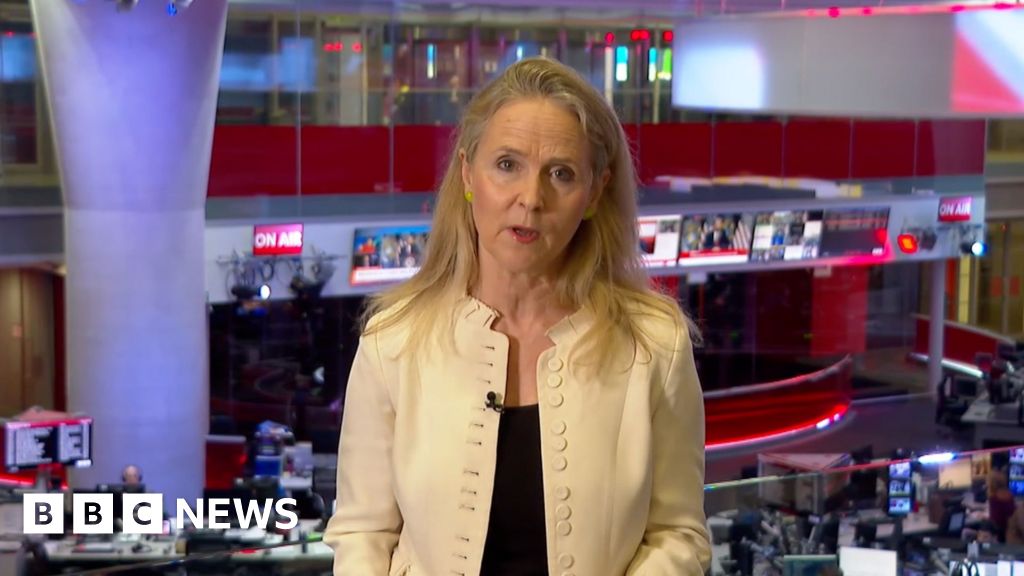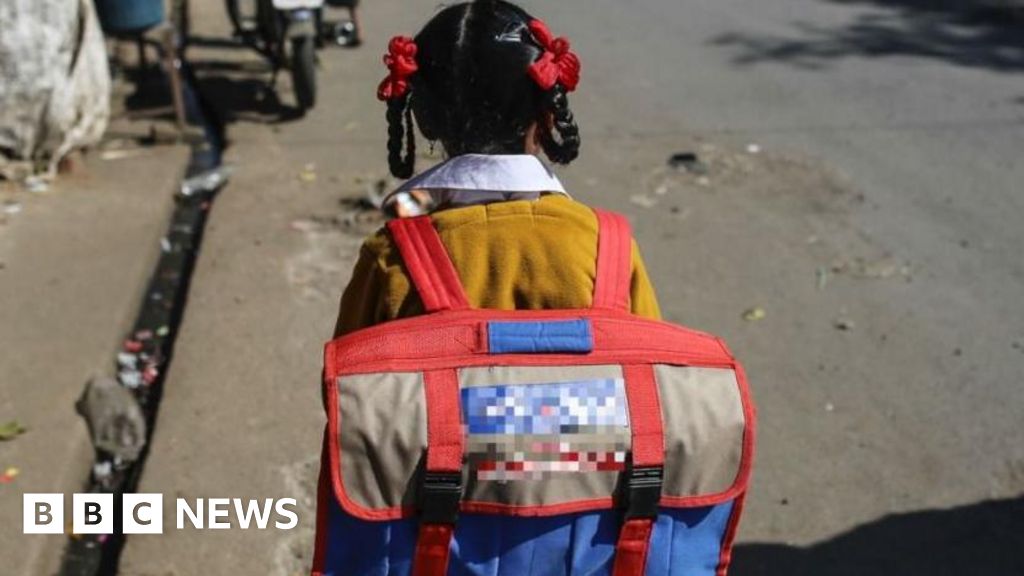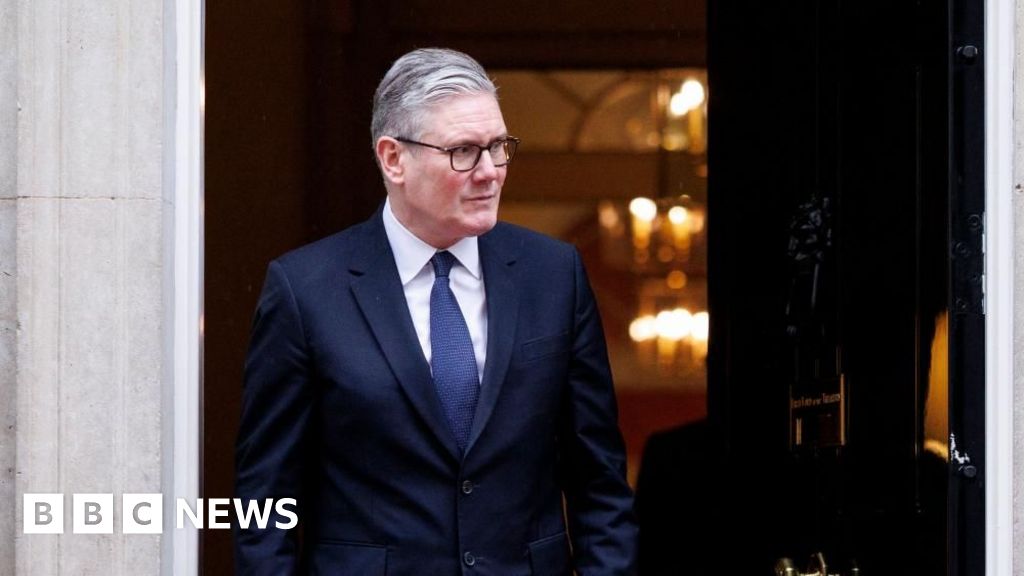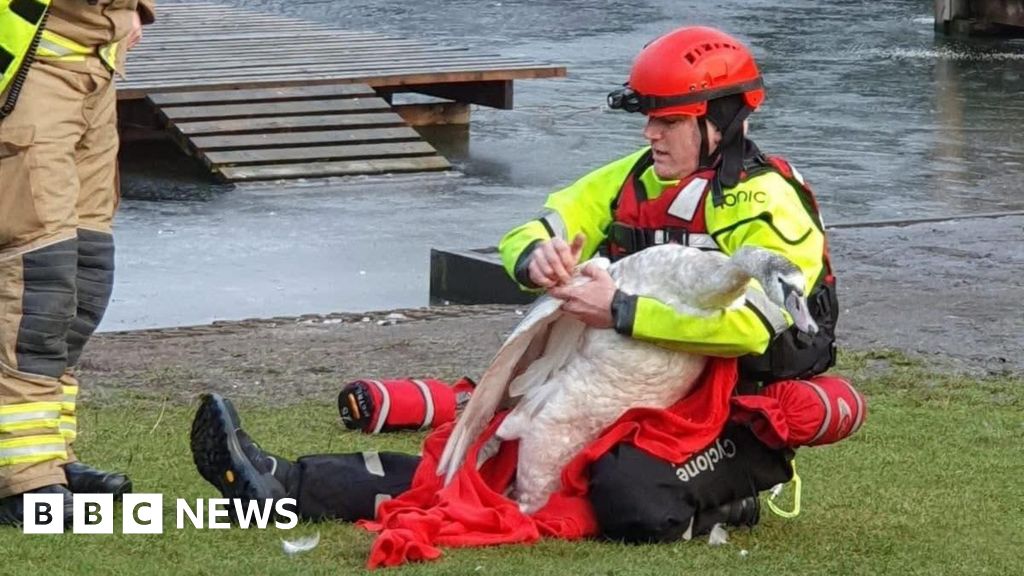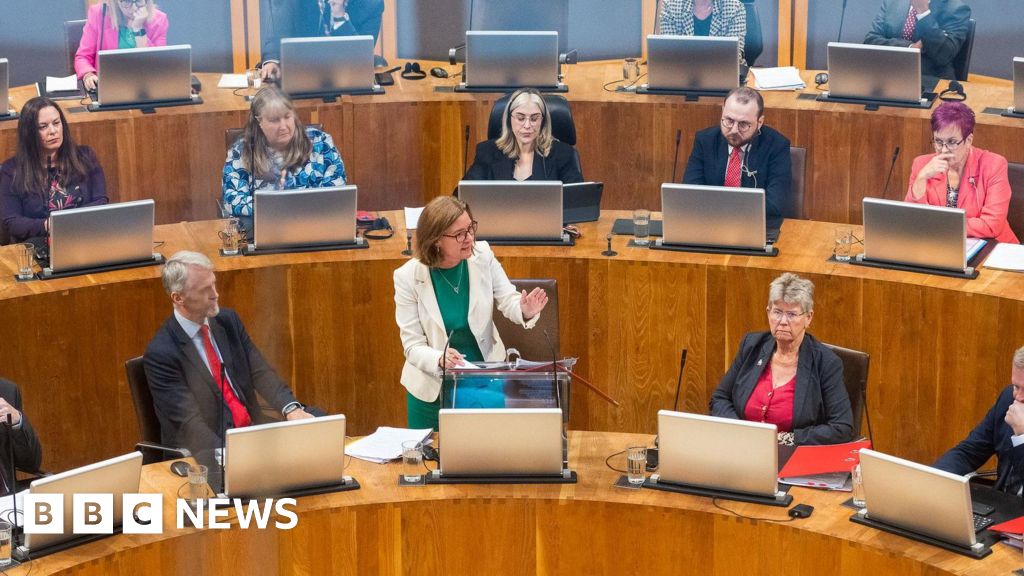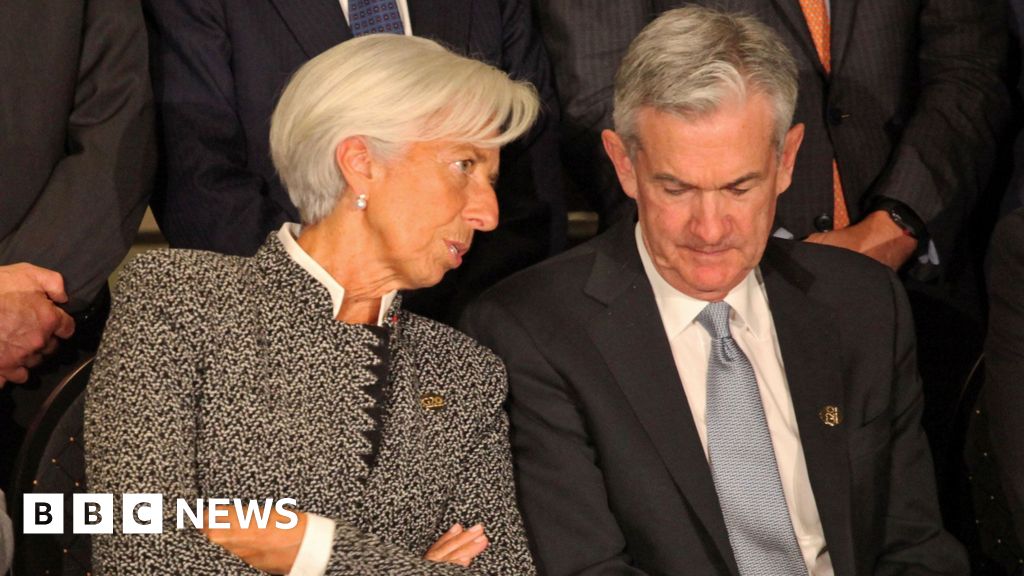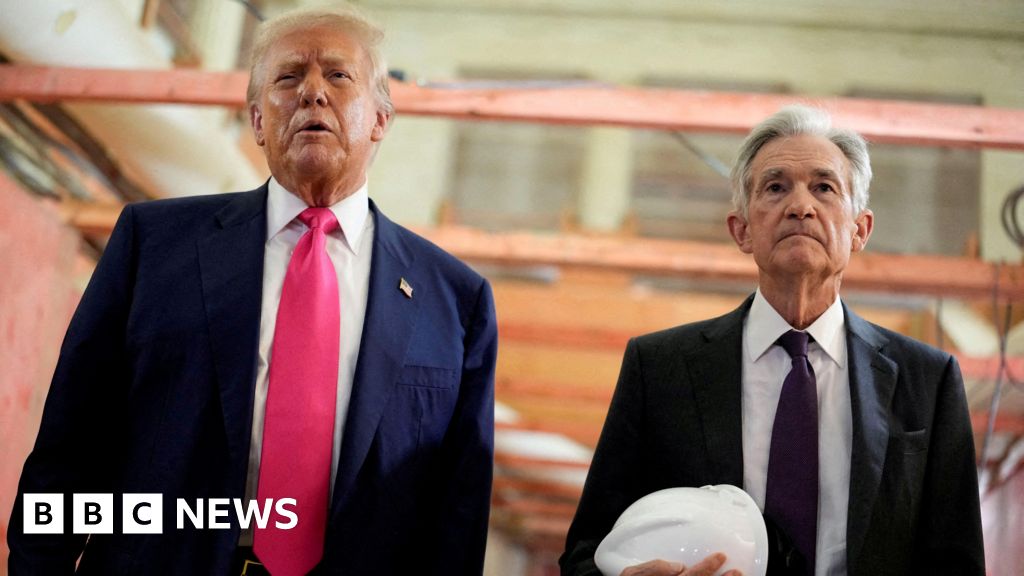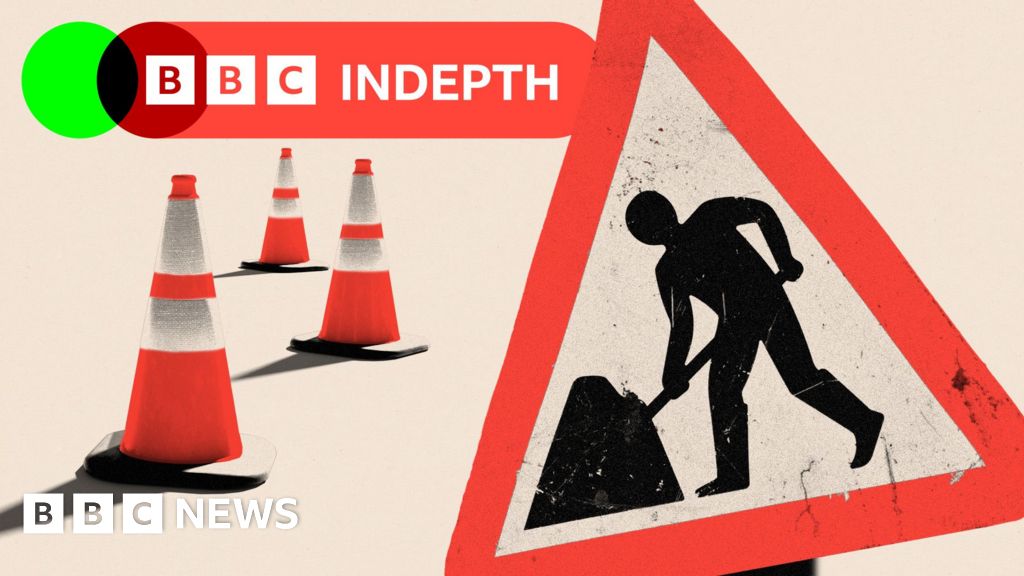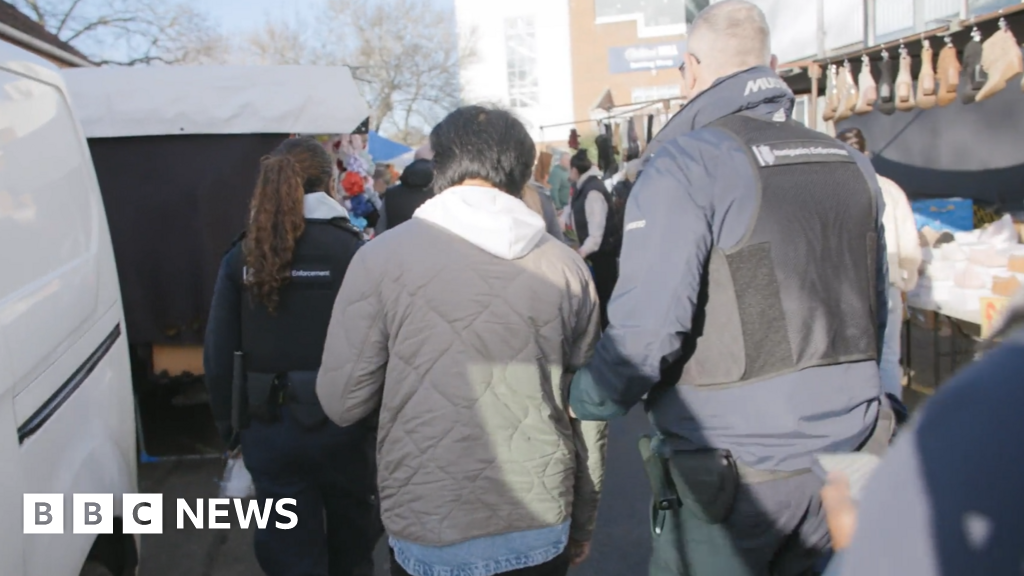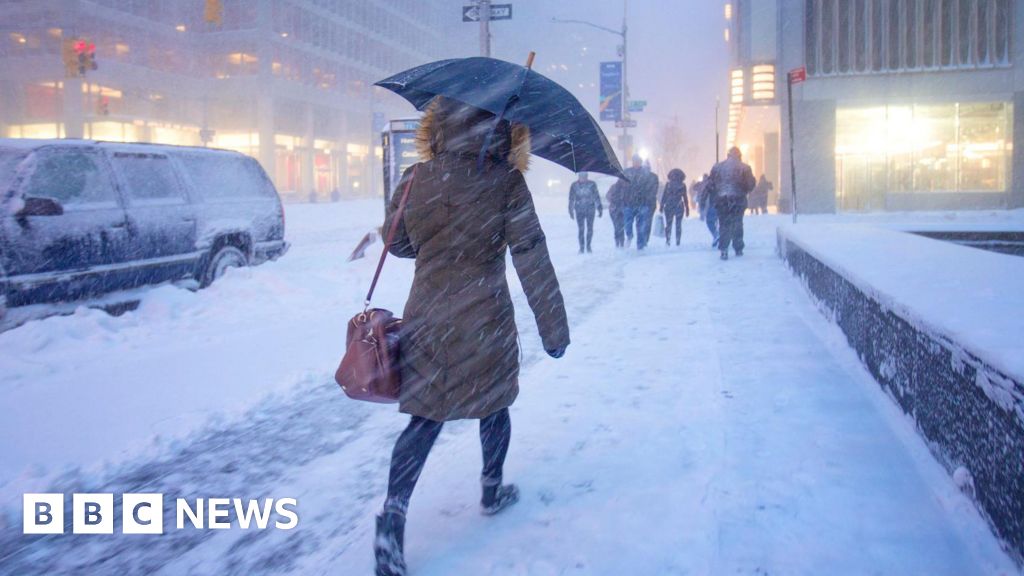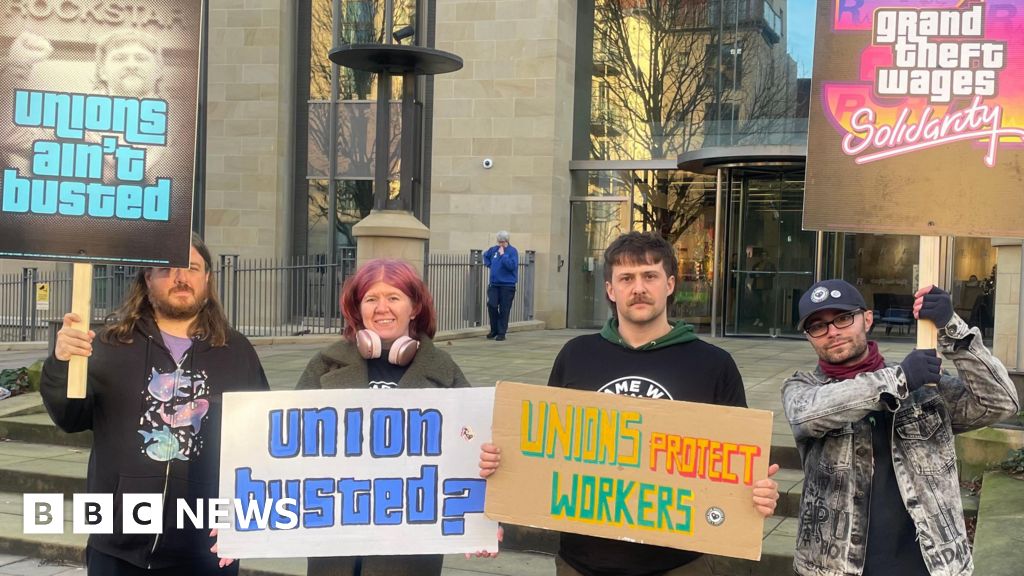Cost of living correspondent
 Getty Images
Getty ImagesAll the talk of departmental budgets and fiscal rules may feel somewhat distant from the cost of groceries and the rest of the family finances.
The Spending Review is not a Budget in which taxes are changed or a host of new policies announced. But, don’t be mistaken, it will have an impact on your finances.
Here are seven ways you could see a change.
1. Job prospects and security
Workers in various sectors – from police officers to lecturers, soldiers to carers – have been watching closely to get a sense of the outlook for their jobs and wages.
Remember the timescale here: Chancellor Rachel Reeves has outlined spending from 2026, so the impact will not be immediate.
But the defence sector and the NHS are getting a significant amount of government funding. Science and tech will see investment. Other areas much less so.
That could lead to more jobs, or a squeeze, in the public sector, depending on where you work. There is a knock-on too with related industries in the private sector.
Wage rises are set each year, but departments’ ability to fund them is now clearer.
Reeves has also announced some long-term projects, so-called capital spending. The government says, for example, that giving the go-ahead to the new Sizewell C nuclear plant will create 10,000 direct jobs and thousands more in connected businesses. However, securing one of those jobs may take a while.
2. Free school meals
The government has been keen to promote the positives. So, in the run-up to the Spending Review it announced that any child in England whose parents receive universal credit will be able to claim free school meals from September 2026.
Universal credit is a benefit paid to those on low incomes, many of whom are in work. Currently, a household must earn less than £7,400 a year to qualify in England.
All primary school children in London and Wales can currently access free meals. In Scotland, all children in the first five years of primary school are eligible, as well as all children from families receiving the Scottish Child Payment benefit.
Parents in Northern Ireland can apply if they receive certain benefits and are below an income threshold which is approximately double the current England level, at £15,000.
3. Winter fuel payment U-turn
Much of the speculation in the build-up to the Spending Review was about the government’s U-turn on cuts to the winter fuel payment.
In the end, details of the change of policy came on Monday, although how this is paid for will not be clear until the autumn Budget.
The Treasury said it would cost £1.25bn to restore the payment, of either £200 or £300, to millions of pensioner households.
Last winter, the payment – which helps cover energy costs during the coldest months – only went to low-income pensioners in receipt of pension credit.
This winter, it will go to all pensioners in England and Wales who have an annual taxable income of £35,000 or less. Separate policies in Scotland and Northern Ireland may now be reconsidered.
4. Commuting costs and transport links
About 3.4 million people in England use buses. For many, they are the only way to get to work.
In October, the £2 cap on bus fares, covering most bus journeys in England, was raised to £3.
This was due to run until the end of 2025, but now the government says it will last until “at least” March 2027. There are separate bus caps in London and Manchester.
Among various other projects, the chancellor also promised plans in the coming weeks to develop Northern Powerhouse Rail from Liverpool to Manchester.
Last week, the government said it would put money towards building and improving tram networks in Greater Manchester, West Yorkshire and the Midlands.
The Newcastle to Sunderland metro line will also receive an extension, while nearly £1bn will go towards improving train services in the south west of England.
5. Bins and local services
In recent years, local government has often been the punchbag when the Treasury goes through the rounds of spending cuts.
That is because it is a so-called unprotected department. In other words, cuts can come in a way they don’t in the NHS. Justice, which includes prisons and courts, and culture are other examples of unprotected departments.
It will take some time to work out how much each department is receiving from 2026 to 2029.
Local government funding can have a direct impact on your life. It may be the availability of social care for older people, which is covered by local government budgets, various local services or the cost of a parking permit.
Or, in time, it could be as simple as the extra cost of a garden waste bin. When councils don’t have as much money, they might decide to charge more for the annual green bin subscription.
The chancellor did promise money for “renewal” projects in 350 communities, such as improvements to parks, youth facilities, swimming pools and libraries.
In the nations of the UK, several areas of policy are devolved, and that can lead to a complicated funding structure that will need to be analysed.
6. Changes to bills for nuclear power?
It is quite difficult to get your head around the numbers involved in the mammoth project to build a new nuclear power plant.
A total of £17.8bn of taxpayers’ money has been pledged for the new Sizewell C plant in Suffolk to date.
The Treasury will borrow that money, but the interest on that debt is paid for through household energy bills. The government estimates that will be about £1 a month on a bill.
However, ministers stress that longer-term – perhaps in about 10 years’ time – this domestically generated power will reduce household bills significantly, compared with bills had the plant not been built.
7. Housing help
The chancellor’s announcement covered day-to-day spending, as well as investment. In the second bracket is a £39bn investment in affordable and social housing in England. This is designed to improve the availability of homes for those on lower incomes.
The government says this investment will help ministers hit their target of building 1.5 million new homes by 2030.
The money will come over the next 10 years.
But, like so many of these policies, there are questions over where the money is going to come from, whether it will need to be topped up in time, and whether it will ultimately lead to tax rises.


